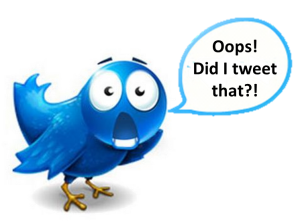 Many of us are aware that recruiters will likely review our professional digital branding when we apply for a role (e.g. LinkedIn). But it’s important to remember that many of these job recruitment evaluations also involve candidates’ personal online accounts. In one particular case I heard about, a high-flying senior executive had conveyed the potential to ‘lose their cool’ based on a personal post they’d added to Facebook about what made them mad. This literally cost them their next six-figure career advancement opportunity.
Many of us are aware that recruiters will likely review our professional digital branding when we apply for a role (e.g. LinkedIn). But it’s important to remember that many of these job recruitment evaluations also involve candidates’ personal online accounts. In one particular case I heard about, a high-flying senior executive had conveyed the potential to ‘lose their cool’ based on a personal post they’d added to Facebook about what made them mad. This literally cost them their next six-figure career advancement opportunity.
It’s wise to consider the negative consequences social media can have on our careers – always stop and reflect before sharing your thoughts and feelings on these platforms. This is particularly poignant in these more challenging times, when many people’s emotions are running high due to COVID-19 impacts and pressures.
“According to a Harris Poll survey, 70 percent of employers utilise social media to screen candidates prior to hiring. A questionable social media presence may tip the scales in favour of an equally qualified – but most polished– candidate.” (businessnewsdaily.com)
Keep the truly personal, personal: With more than half of all recruiters now delving into your social media presence including Twitter, LinkedIn and Facebook, it’s more important than ever to maintain a healthy balance between public vs. private. Most of us encounter bad days and challenging experiences. But before posting your negative responses or reactions, pause and consider whether those temporary feelings are something you want to be permanently branded with.
Don’t assume others will differentiate: It’s important to choose the right social media platforms for your online content. For example, recent holiday pics are more relevant for your Facebook and Instagram connections, while career expertise and/or advancement should be shared on LinkedIn. Although never assume that such strategic segregation of social media interactions will be fully adhered to by others, including recruiters.
Personal conveys professional capacity: Various psychological studies have found that Facebook and other personal social media profiles are now regularly used by recruiters to determine how individuals will behave and react in a workplace setting. Social media usage is now commonly recognised as a personal measuring tool that can gauge levels of emotional stability, extroversion, intellectual curiosity, agreeability, etc.
“Think once before you act, twice before you speak, and three times before you post on Facebook.” (Paul Carrick Brunson, author/public figure)
Blocking could evoke suspicion: When considering how much social media is used to assess employees, also pause before blocking your accounts like Facebook to the general public. When Google reveals to the recruiter you have social media accounts they can’t access, thoughts about what you’re trying to hide may arise. It’s probably better not to have any personal social media accounts if there could be negative career implications.
There are no doubt many benefits from having a social media presence in today’s digital word. As long as you keep in mind the professional impact your online personal branding can have. As noted by motivational speaker Tom Peters, “You are CEO of brand you”, so think wisely before sharing your opinions, beliefs and feelings on social media platforms.
_________________________________________________
Walton’s Words has extensive experience in helping job seekers compile professionally written, career-selling documentation. We can help construct resumes, cover letters, LinkedIn profiles, selection criteria, and any other documentation that will help you win your dream role. So drop us a line or give us a call if you’d like some assistance with your next career step.



